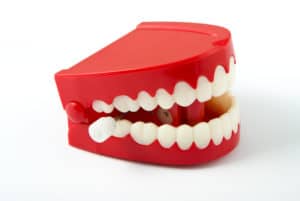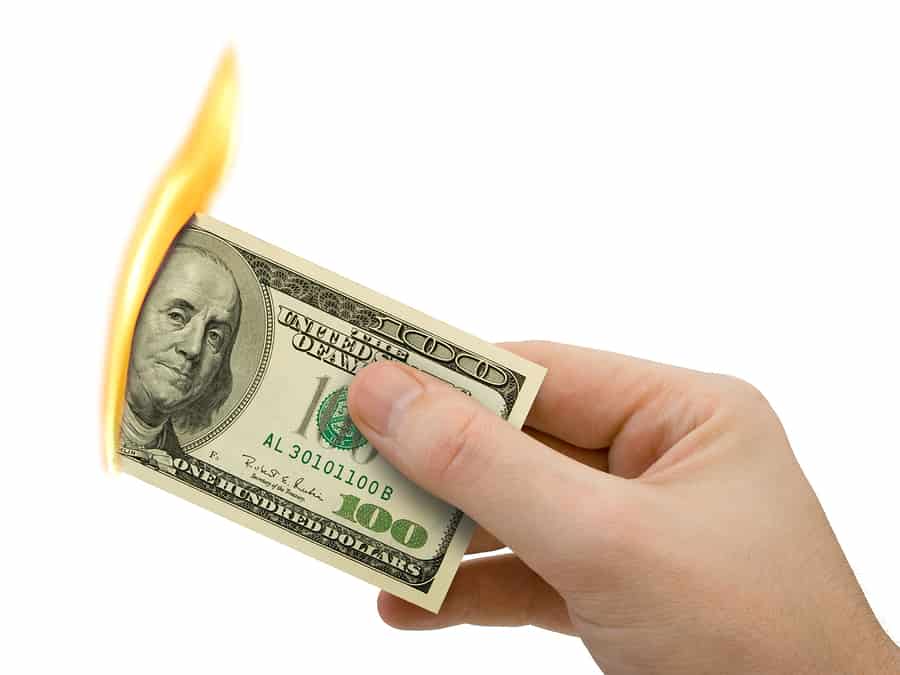 When we get ready for a fun night with friends, we usually have a checklist of things to do before we leave the house. Not often enough does that checklist include a designated driver or a plan for a safe ride home if we are drinking. However, we usually do make sure we look and smell our best, including our teeth. This may get a little fresh, but we are here to expose another weird DUI myth: toothpaste and a positive breathalyzer test.
When we get ready for a fun night with friends, we usually have a checklist of things to do before we leave the house. Not often enough does that checklist include a designated driver or a plan for a safe ride home if we are drinking. However, we usually do make sure we look and smell our best, including our teeth. This may get a little fresh, but we are here to expose another weird DUI myth: toothpaste and a positive breathalyzer test.
Much like the intoxicated milk theory, this blood alcohol concentration (BAC) myth is filled with assumptions and just plain bad information. Toothpaste will not be a factor in any drunk driving arrest or conviction. The weird DUI truth is that while there is sorbitol, or sugar alcohol, in many brands of toothpaste… sugar alcohol is not the substance that breathalyzers (or ignition interlock devices) detect. The stunner in this is that sugar alcohol is not even alcohol.
On top of that, even if sugar alcohol was detectable by a breathalyzer or ignition interlock device, you would have to have a lot of toothpaste in your mouth to register a BAC high enough to be illegal… or concerning. Intoxicated people drink a lot of alcohol, they do not binge brush their teeth. True story.
Would your dentist approve of your weird DUI?
Toothpaste has two things in common with some mouthwashes, or those products that actually have a shot at a false BAC reading: mint flavor and oral hygiene. Mint will not set off a breathalyzer, however. The alcohol in some mouthwashes will. That is why one of the big tips for those with an ignition interlock device is to make sure they swish out any mouthwash before submitting a breath sample. The trace amount of alcohol left behind by mouthwash can trigger a false positive reading on an interlock, but that is also at a much lower level than the legal limit for a DUI.


Leave a Reply
You must be logged in to post a comment.